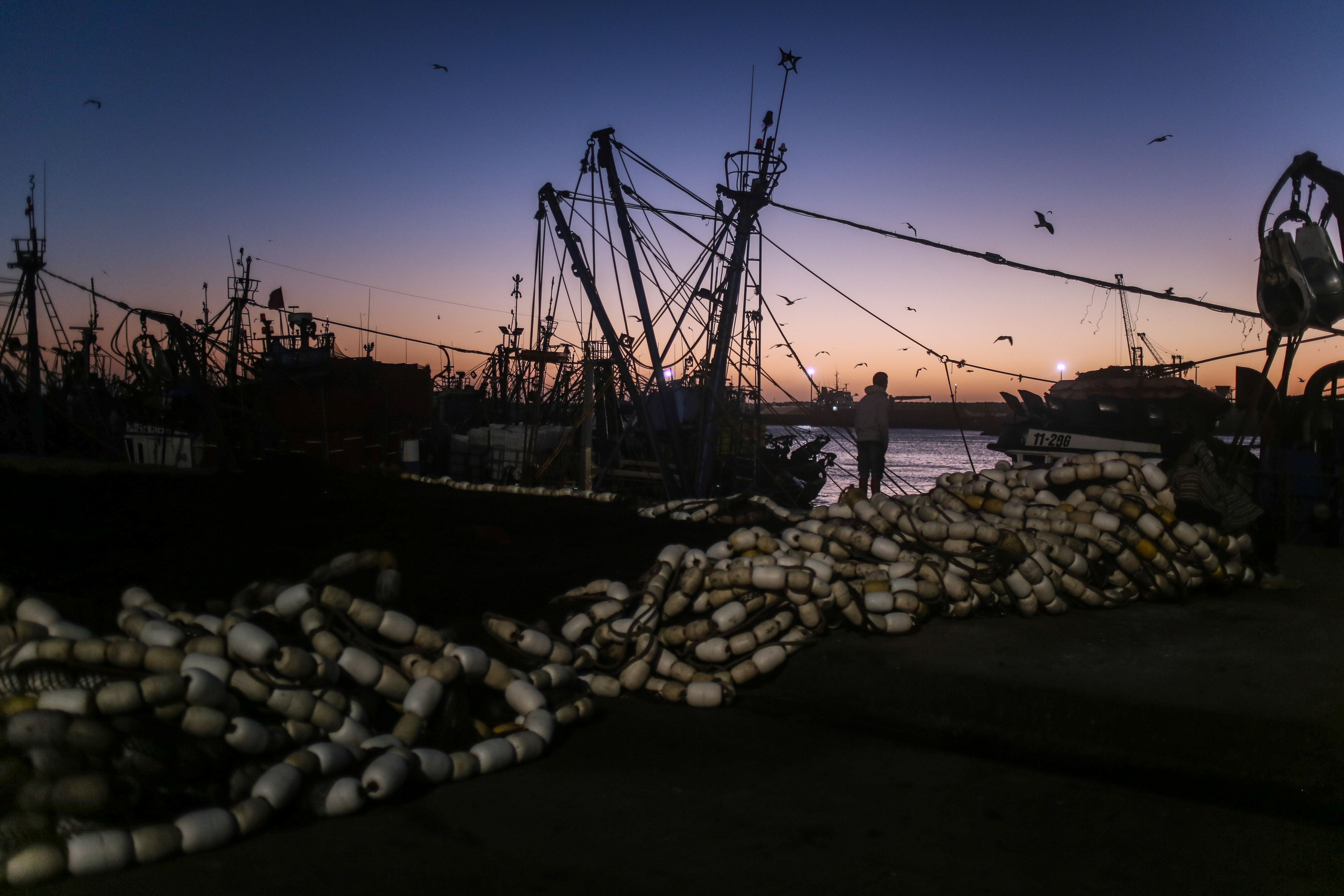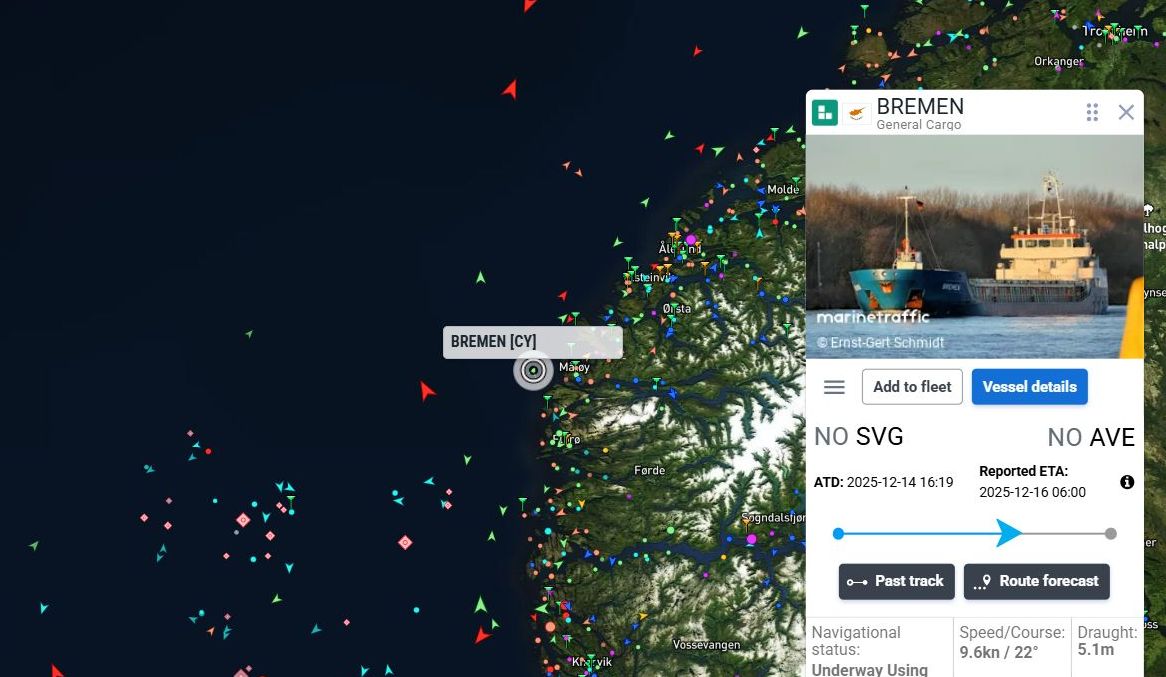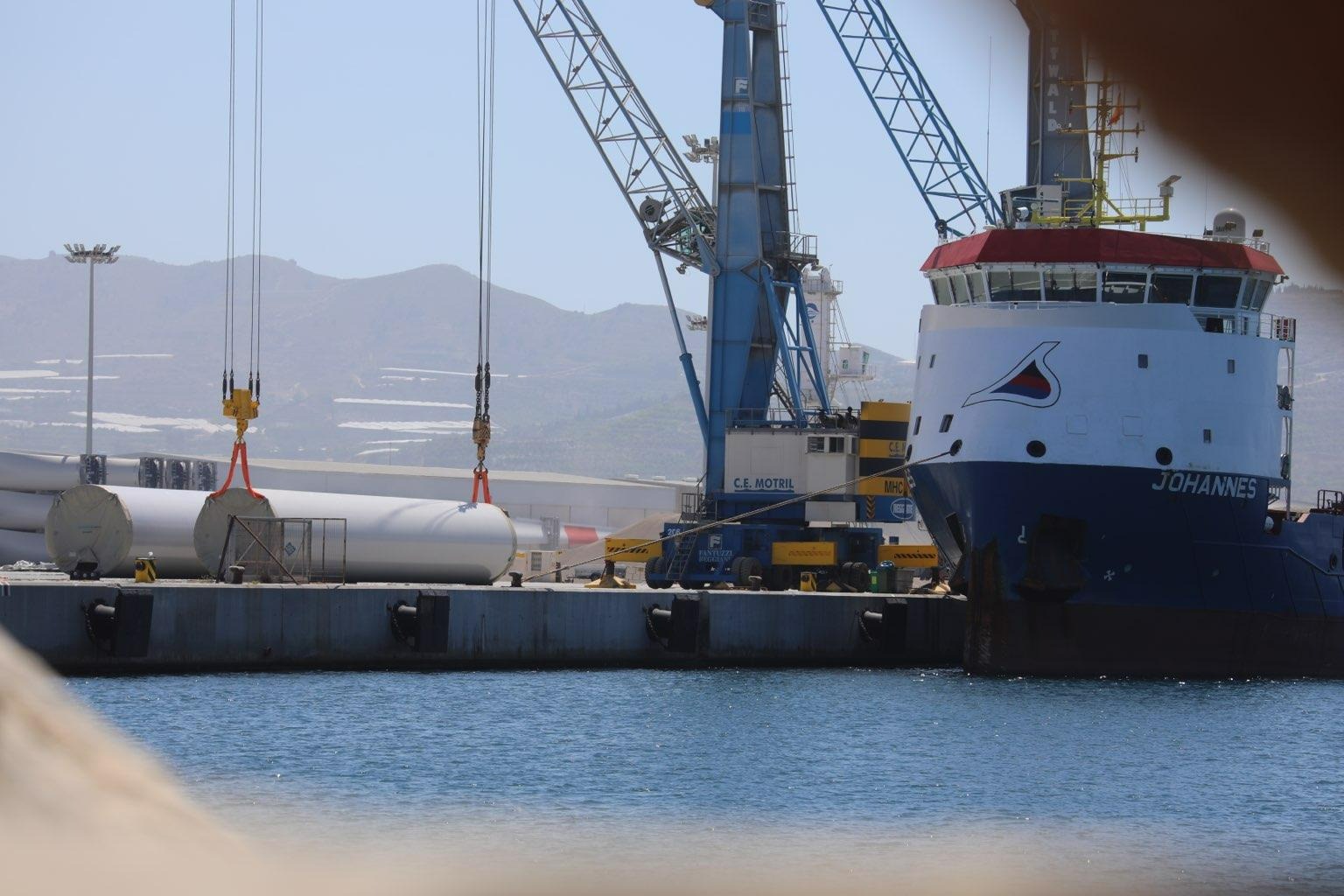Ber UD forsvare menneskerettighetene i Vest-Sahara
NGO-forum for menneskerettigheter ber UD jobbe for at FN skal rapportere på overgrepene som finner sted i Vest-Sahara. FN-styrken i Vest-Sahara er den eneste i verden uten et slikt mandat.
Publisert 06. mars 2011
Det norske NGO-forum for menneskerettigheter, en paraplyorganisasjon for norske menneskerettighetsorganisasjoner, har lagt frem anbefalinger over temaer og land som Norge bør følge opp i sitt menneskerettighetsarbeid innenfor FN-systemet i 2011.
Støttekomiteen for Vest-Sahara er medlem av plattformen. Blant landene plattformen trekker fram, er Vest-Sahara. Se anbefalingen her.
Western Sahara
Freedom of expression for Saharawis is severely curtailed. Foreign delegations are told by Moroccan authorities that it is not allowed to speak with Saharawis. Journalists and foreign delegations are either denied entry or forced to leave. Freedoms of assembly and of association are severely impeded, as documented in comprehensive reports by Human Rights Watch, Amnesty International and others.
As there is no international presence to monitor and protect against human rights abuses, the Saharawis in Western Sahara are highly vulnerable faced with the web of control exercised by Morocco. There are, however, signs of resistance, like the peaceful Gdaim Izik tent camp outside of El Ayoun, that hosted up to 20.000 persons until it was stormed by Moroccan forces on 8. November 2010. In clashes that followed, where civilian Moroccan settlers were involved, scores were left dead.There is overwhelming evidence of abuse, harassment, or torture both before and after that incident and several other occasions when Saharawis have attempted to protest peacefully.
Most Saharawis living under occupation risk being discriminated against, but the treatment of Saharawi human rights defenders remains one of particular concern. Irrespective of their opinions regarding the territorial status of Western Sahara, human rights defenders are systematically singled out for especially harsh treatment by the Moroccan authorities. As such, their predicament illustrates a wider pattern of severe curtailment of the civil, political, social, cultural, and economic rights of Saharawis living under Moroccan occupation. Human rights organizations such as Collectif des defenseurs saharaouis des droits de l'homme (CODESA), led by Aminatou Haidar, are denied official registration and a legal status. Ms. Haidar and her fellow human rights defenders work at great personal risk in these conditions. Many are kept as political prisoners. The president of ASVDH, the other main human rights organization in Western Sahara, Mr Brahim Dahane, is among them. He has been imprisoned in Morocco along with other human rights defenders since 2009 after unfair trials and without being sentenced.
Some 500 Saharawis remain "disappeared" after being seized by Moroccan police or military forces. In great part as a result of this discrimination, harassment, the disappearances and effective ban on working through non-violent means to peacefully denounce the human rights abuses perpetrated by the Moroccan government, frustration and anger is on the rise in the Saharawi population.
The fact that there are no international human rights monitoring mechanisms in place as the situation worsens in Western Sahara is very worrying. The UN Security Council has on several occasions considered adding a component to the UN observer mission MINURSO to monitor thehuman rights situation in Western Sahara and the camps in Tindouf, Algeria. These attempts have, however, failed so far mainly due to Moroccan and French opposition.
We urge the Norwegian government, at the Human Rights Council and General
Assembly to call for:
A resolution on Western Sahara, addressing freedom of speech, assembly and
association, and requiring that imprisoned human rights defenders are either afforded fair trials in keeping with the highest international norms or that they are released.
Greater protection of, and support for, Saharawi human rights defenders, and that the Moroccan authorities respect their right to work without impediment.
A strengthening of the mandate of MINURSO in order to entrust it with a human rights monitoring function.
Morocco to allow foreign observers, journalists, parliamentarians and others free and unimpeded access to the occupied areas of Western Sahara.
The truth about the "disappeared" Saharawis to come to light, and that meaningful
reparation be offered those bereaved.
Nyheter
Bli medlem. Få plakat
Slik kan du bli medlem, og få verdens fineste plakat i posten.
12. februar 2026
Ny rapport: Sertifiserte folkerettsbrudd
Internasjonale sertifiseringsstandarder dekker over Marokkos kontroversielle handel med fiskeri- og landbruksprodukter fra okkupert Vest-Sahara, dokumenterer ny rapport.
16. desember 2025
Nå: Skip ankommer Skretting på Averøy med last fra kontroversiell leverandør
Et fartøy med fiskemel ankommer i natt Averøy utenfor Kristiansund. Transporten åpner spørsmål om et hullete sertifiseringssystem.
15. desember 2025
Ny rapport: Marokko grønnvasker okkupasjonen av Vest-Sahara
En ny rapport beskriver de massive - og dypt problematiske - prosjektene for fornybar energi som Marokko utvikler i okkuperte Vest-Sahara.
11. desember 2025



